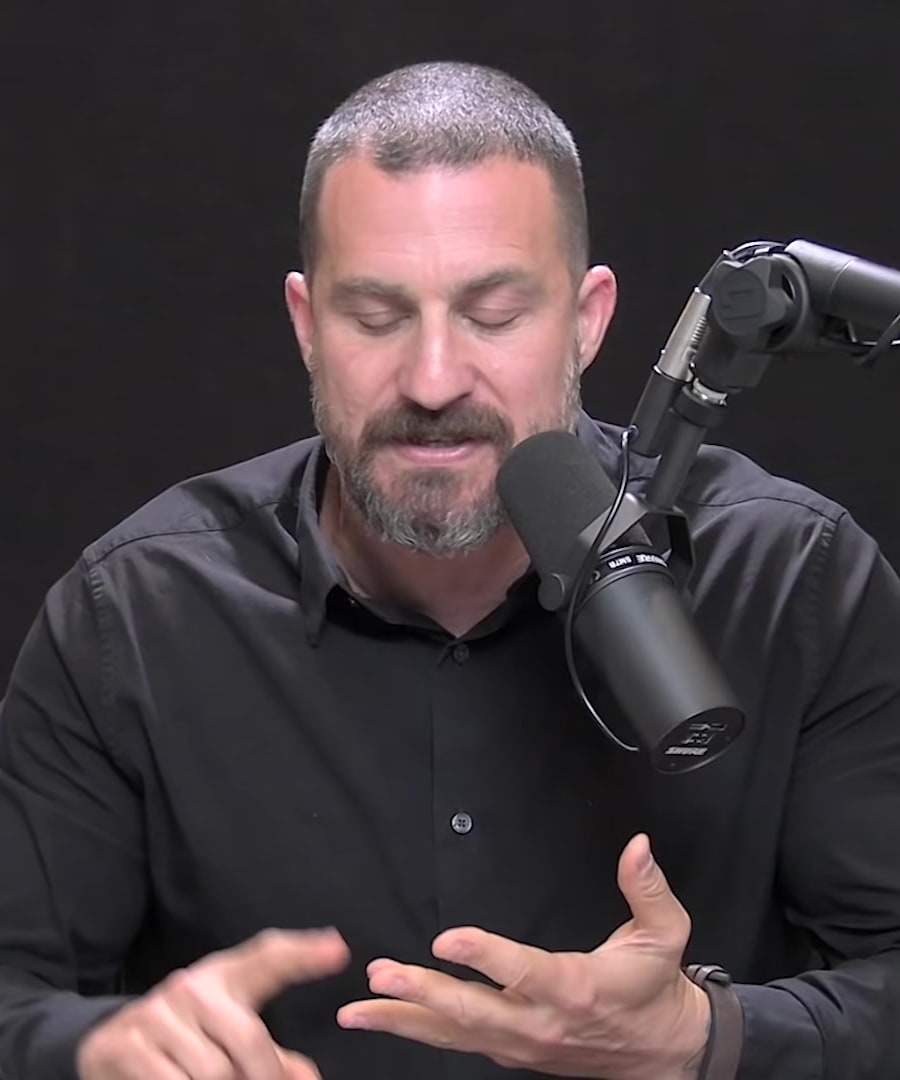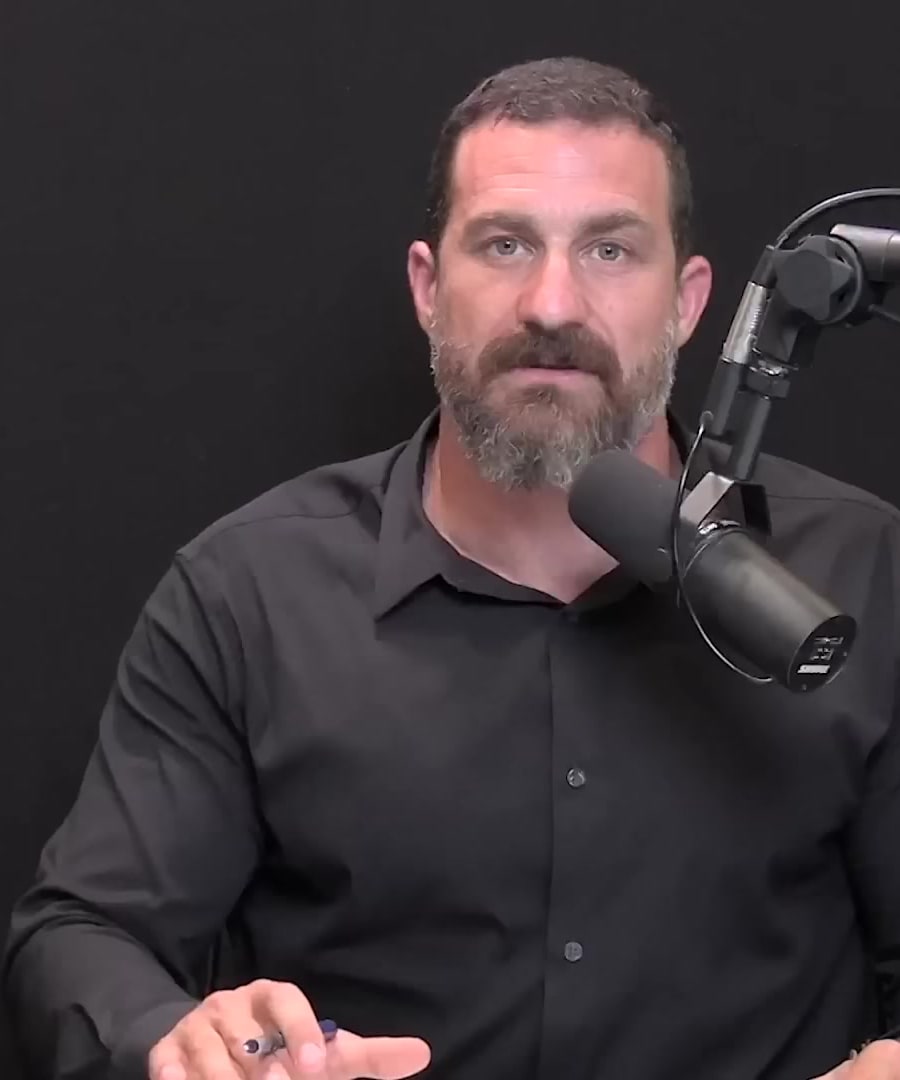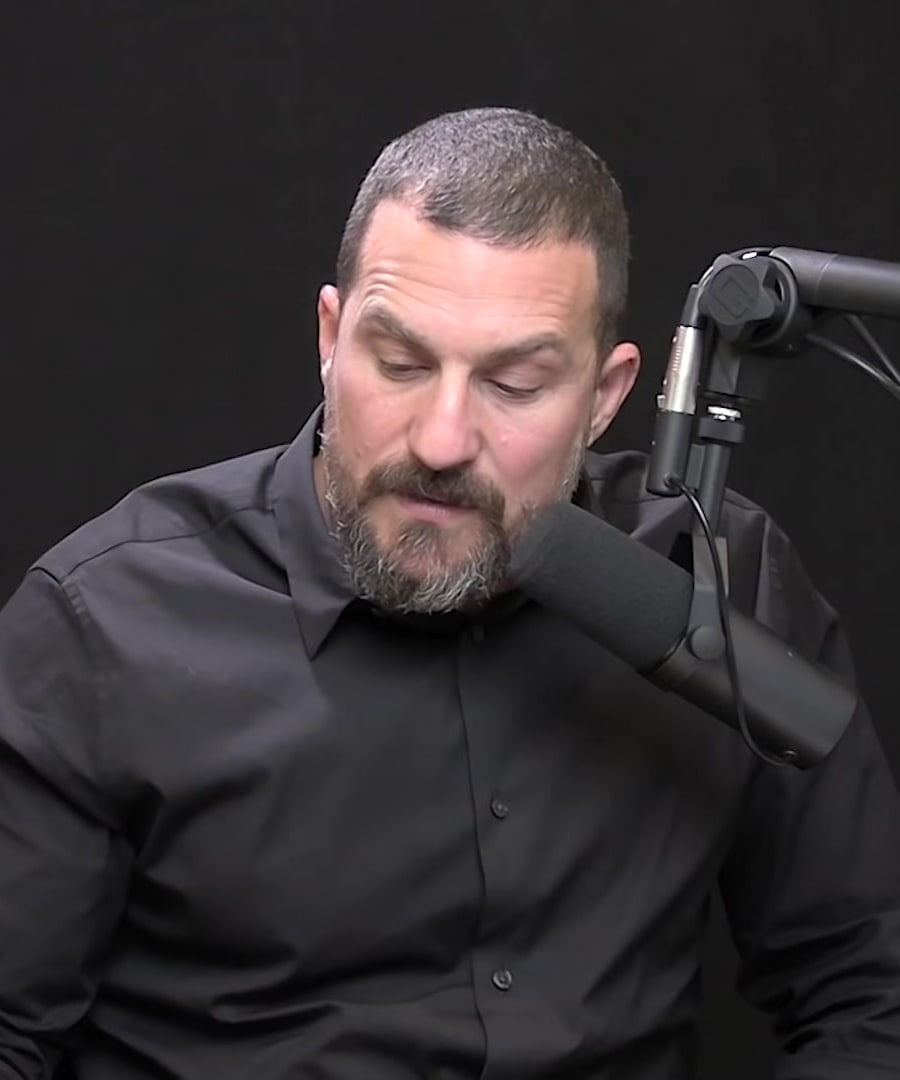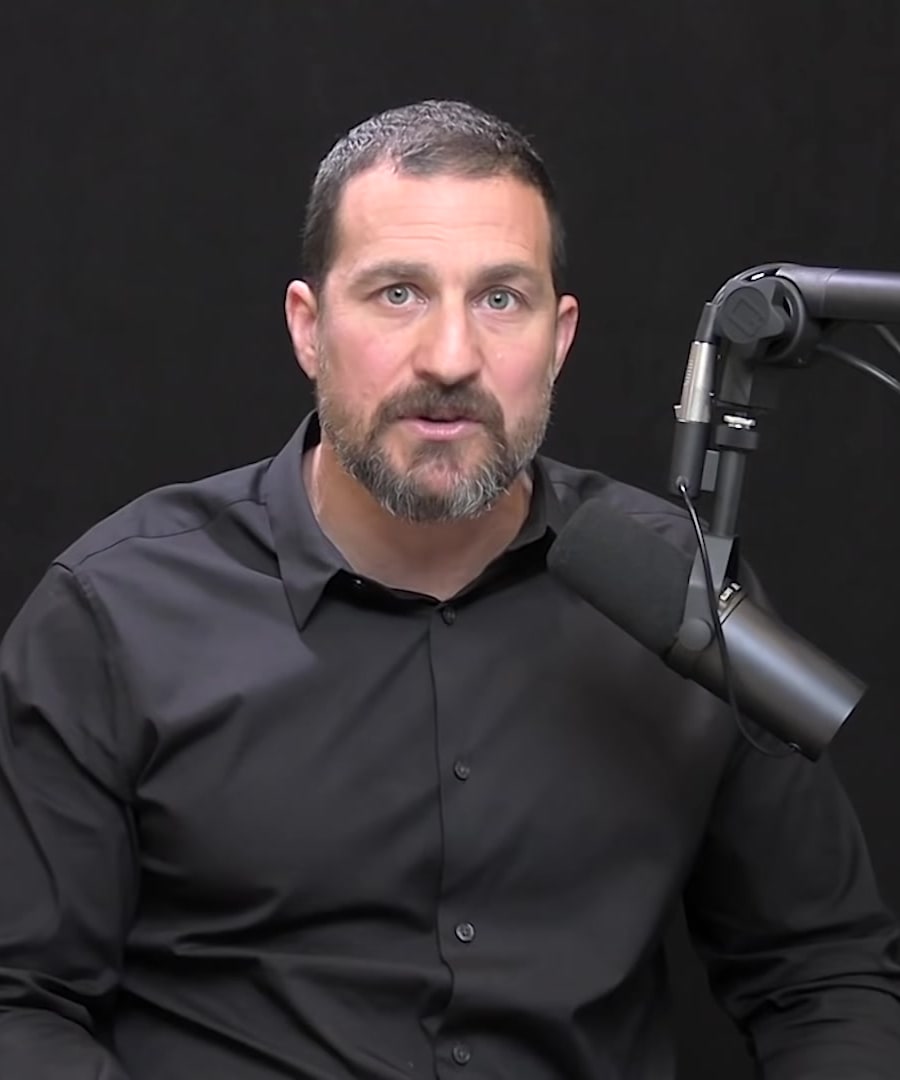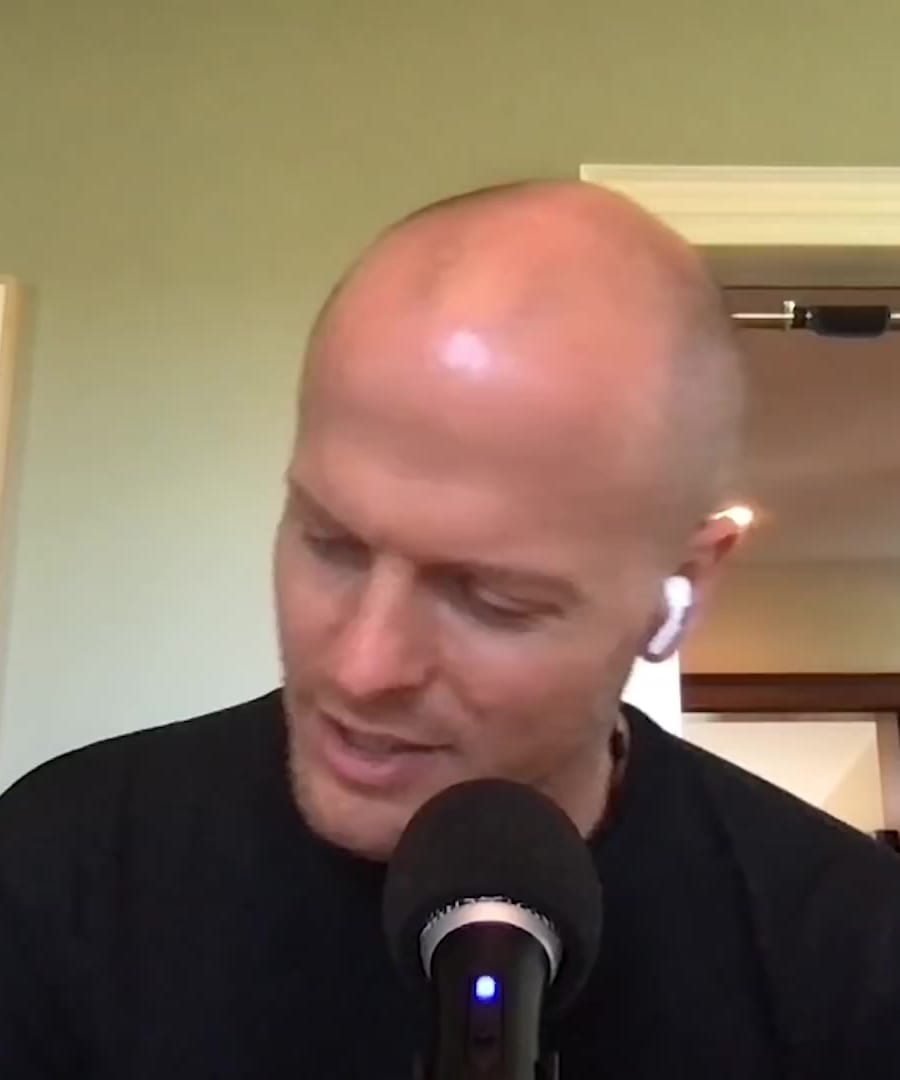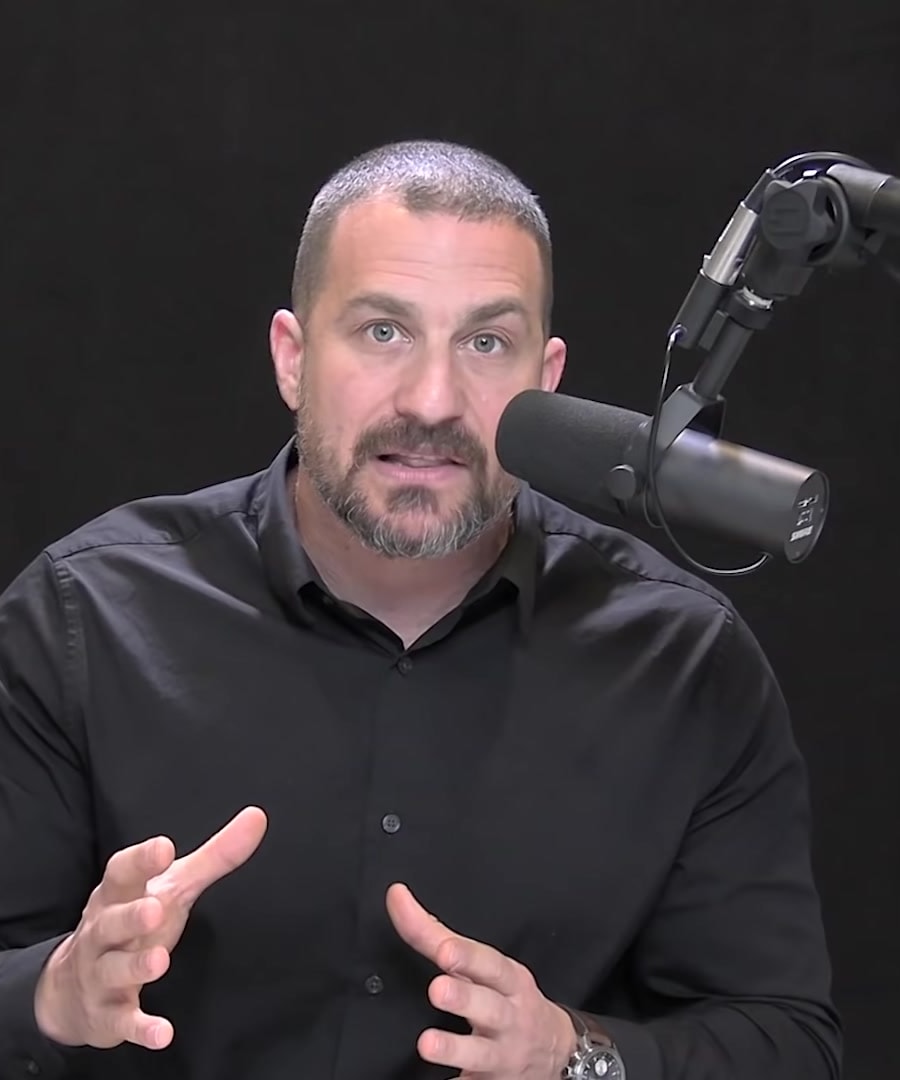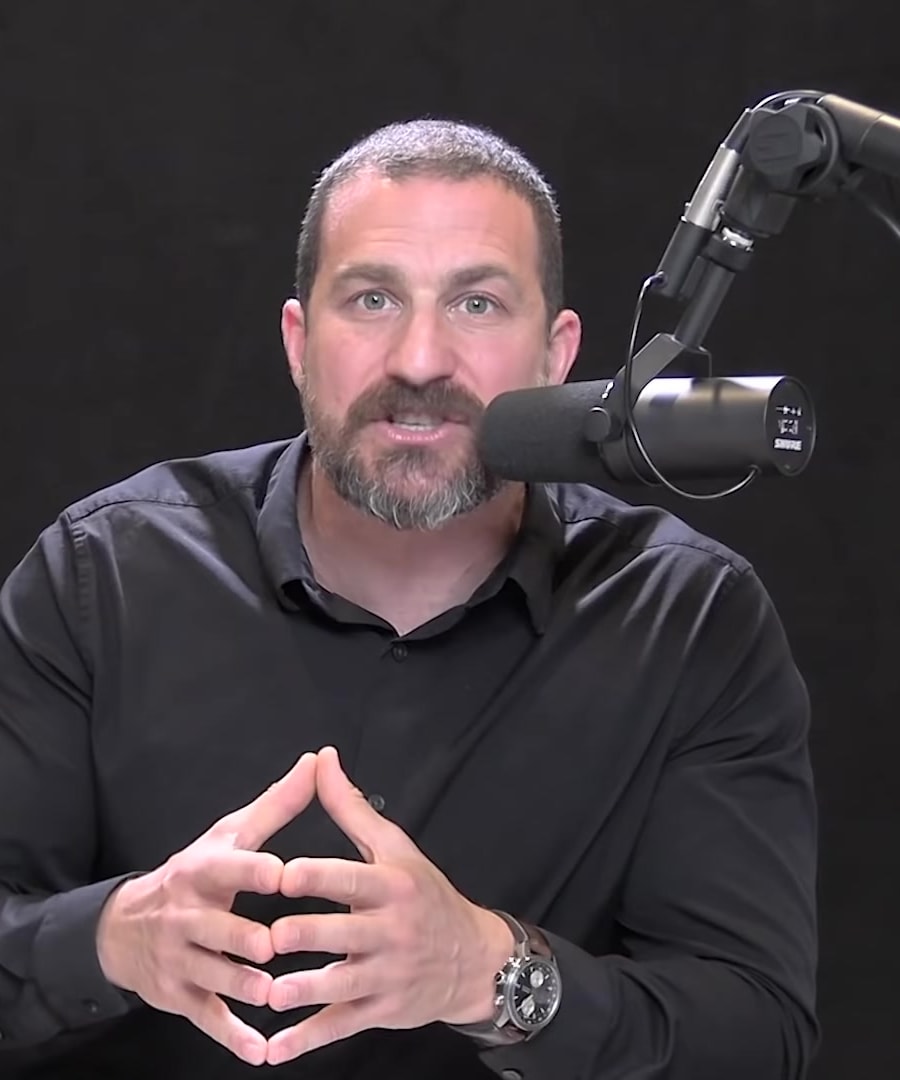What is non-sleep deep rest? (NSDR)
Sources:
Non-Sleep Deep Rest (NSDR) is a term coined by as an umbrella term encompassing various practices that support improved brain and body function by inducing a state of deep relaxation without sleeping. NSDR includes protocols like meditation, yoga nidra, and hypnosis. These practices involve a deliberate and directed shift toward deep relaxation, potentially aiding in recovery, resetting the brain to optimally engage with the world, and enhancing neuroplasticity. NSDR can help recover sleep and restore levels of dopamine, as well as allow teaching oneself how to relax in real-time and recover lost sleep. Specific NSDR protocols supported by peer-reviewed science can also accelerate plasticity and learning within the brain 1 2 3 4 5 6 7 8.
RELATED QUESTIONSWhat is the best way to decrease cortisol?
Sources:
To decrease cortisol, has discussed several effective strategies on the :
-
Sunlight Exposure: Sunlight early in the day and throughout as much as you can safely manage, due to its effect on controlling cortisol levels 1.
-
Heat Exposure: Regular use of a sauna or hot baths can help to lower cortisol levels. A protocol involves 12-minute exposures to 90 degrees Celsius environments followed by a six-minute cooldown in cool water, which led to a significant decrease in cortisol 2.
-
Supplementation:
- Ashwagandha: A supplement that can potently decrease cortisol levels. However, it shouldn't be used for extended periods as it might lead to disruption of other hormone and neurotransmitter pathways. Cycling off after two weeks of use is recommended 3.
- Rhodiola Rosea: Shown to reduce cortisol levels in multiple studies and can be used to maintain cortisol within a normative range 4.
- Phosphatidylserine: Can also buffer cortisol levels and might be used during periods of elevated stress 5.
-
Behavioral Practices: Techniques like Wim Hof breathing, ice baths, high-intensity interval training (HIIT), which can help build practices into a routine to manage cortisol levels. The frequency and timing of these practices are essential, as they can either enhance or deplete the immune system 6.
Remember that before adding or subtracting anything from your health regimen, it's critical to consult with your healthcare provider for personalized advice, especially regarding supplement use and other interventions for hormonal balance.
RELATED QUESTIONS-
What is non-sleep deep rest? (NSDR)
- RELATED QUESTIONS
What is the best way to decrease cortisol?
- RELATED QUESTIONS
